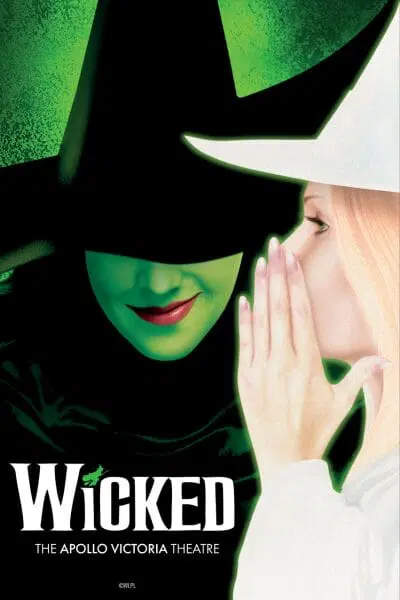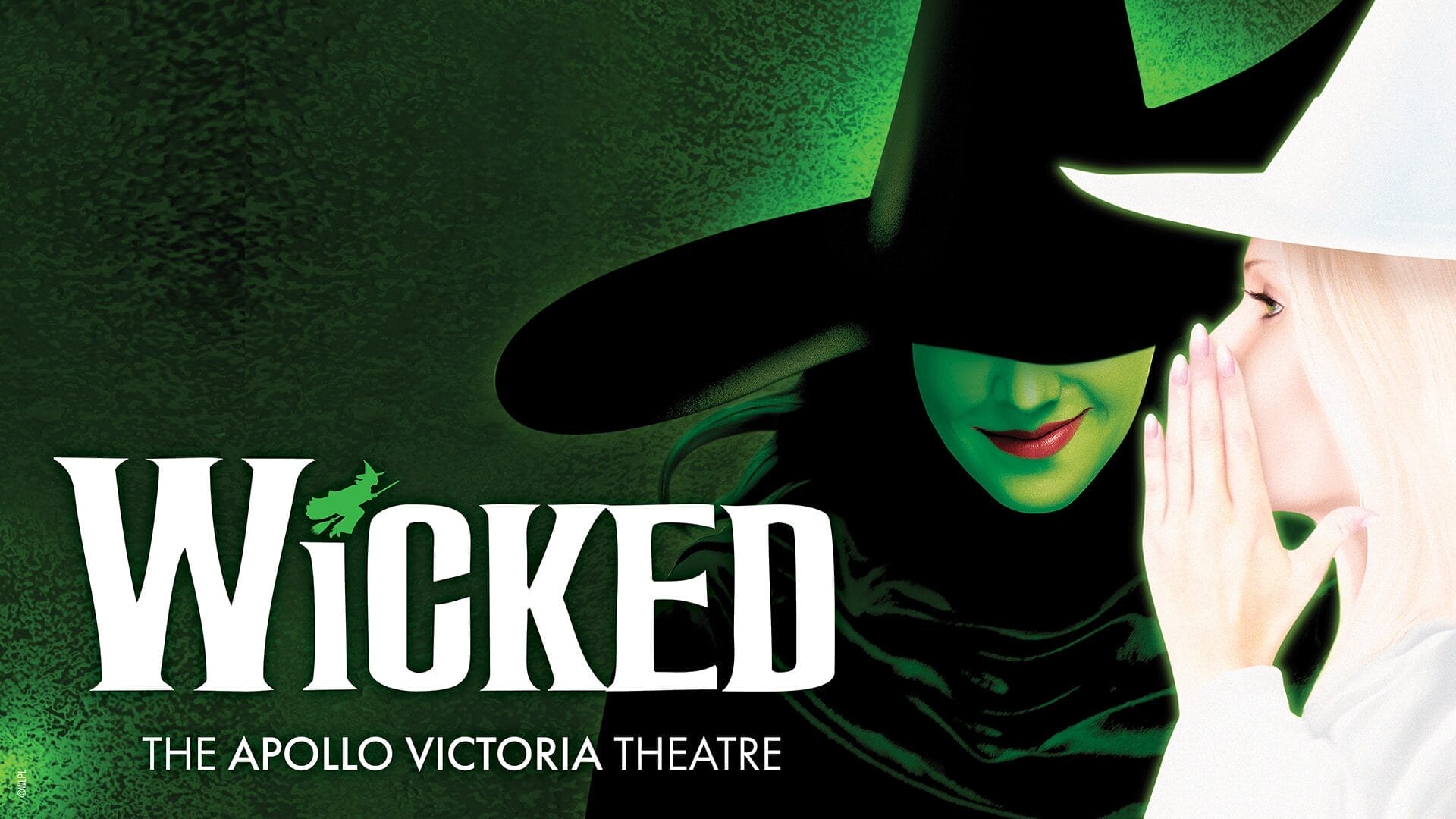 How can Euripides’s Medea be made tangible to a contemporary audience with faith in modern legal systems (made by men), who do not believe in the ethics of “an eye for an eye”? How can one rationalise and justify Medea’s vengeance, given that her story is set in a specific cultural context where everyone takes on revenge against each other, as common as daily meals?
How can Euripides’s Medea be made tangible to a contemporary audience with faith in modern legal systems (made by men), who do not believe in the ethics of “an eye for an eye”? How can one rationalise and justify Medea’s vengeance, given that her story is set in a specific cultural context where everyone takes on revenge against each other, as common as daily meals?
Directed by Joseph Charles, with musical direction by Sam Bergliter, Thee Black Swan’s Medea Gosperia takes a modern approach by fusing Euripides’s story with gospel opera and a hint of blues. This transformation turns the Colchian semi-goddess into a more secular figure: a modern middle-class woman of sacrifice and devotion, who once believed in true love but was eventually betrayed by her disloyal husband.
This decision brings resonance from the audience as well as some problems, the most difficult of which is to defend Medea’s (Natasha Agarwal) murderous deeds at the end. In order to answer why she kills, the show tends to portray her as a “perfect victim” who exhausts all her means to be a good mother and wife, as well as a docile foreigner in Corinth, yet still despised by her husband Jason (Sandeep Gurrapadi) and eventually banished by Creon (Oscar Castellino), the king of Corinth and her father-in-law.
This dirty-faced Medea in shabby clothes constantly begs Jason and Creon, repeatedly mentioning her own “sacrifices.” The royal court in Corinth, involving both the mortal and the divine, now feels more like a domestic quarrel and divorce in an Ibsenian sense: our modern Greek Nora eventually moves on and boldly claims that her husband cannot define her.
The second half of the show appears more coherent, not only because Medea’s return is unbelievably stunning, but also because she now feels more akin to Euripides’s revenge goddess. Although there are still some modern relevancies, such as all the “you found someone new” dialogue between Jason and her, her final revenge is determinative heart-breaking, easily winning over our tears. In fact, even without the pitiable “perfect victim” depiction in the first half, her vengeance feels just.
Perhaps a more suitable name for this opera could be Medea “Gossiperia”: the gossip over Medea. Rather than Medea herself occupying the central stage, the chorus is the true protagonist of the night, discussing, disputing, and debating over Medea’s story, well inheriting the legacy of Greek drama. Sometimes the male and female chorus members split: while the male singers tend to obey Creon’s ruling over Medea, the females, including Medea’s nurse (Amanda White), are more sympathetic towards her. They also deliver magnificent singing, rich in emotion with beautiful mezza voce.
With a full band of seven, Medea Gosperia boldly endeavours to reinvent Euripides’s canon as a gospel opera. It may lack some consistency in its overall logic and character portrayal, but with its mastery of singing and music, as well as a sincere expression of emotion, it is likely to win your heart.
Medea Gosperia is at the Cockpit Theatre until 20th July

















